A fresh wave of censorship reached Hong Kong’s public libraries this month. After a local newspaper axed a long-standing satirical comic strip following government criticism, local media reported that the cartoonist’s works, and hundreds of other titles, had been pulled from library shelves.
Chief Executive John Lee said the government had a duty to identify books with “bad ideologies,” suggesting that the volumes removed were “not recommended” by the government. However, the public could still read them of their own accord, and buy them at independent book shops, he claimed.
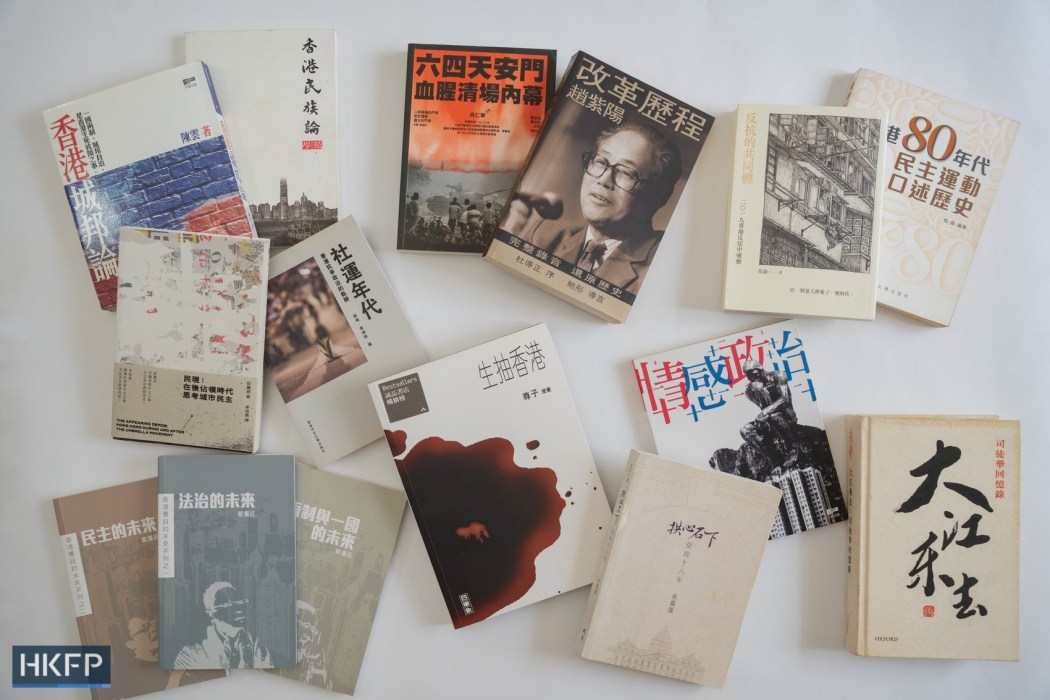
The literary disappearances are difficult to monitor owing to a lack of transparency – the government has refused to provide a list of offending titles and there is no appeals process. This month, Ming Pao found that at least 195 Chinese-language hard copy books had been purged from the shelves over the past two years, while The Collective found that 255 Chinese-language digital titles were removed during the past three years. It comes after HKFP revealed in 2021 that 29 books about the 1989 Tiananmen crackdown had been axed from libraries.
While titles relating to democracy and protests in Hong Kong are among the topics apparently targeted, romantic essays and travel literature penned by democratic figures have also disappeared.
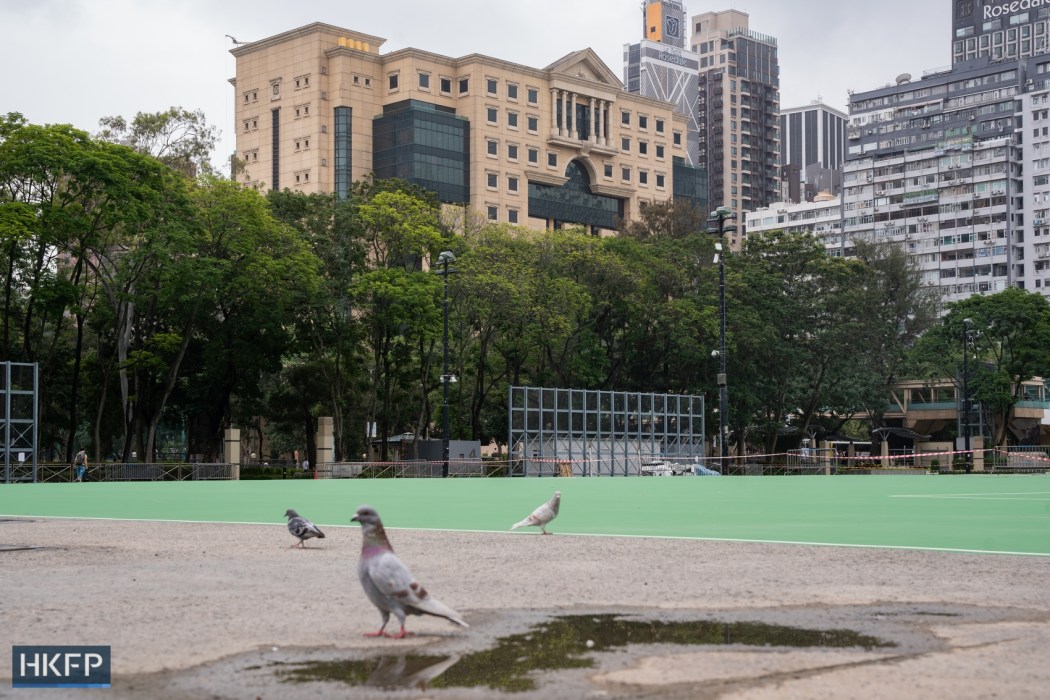
When asked by HKFP if any of the books were, themselves, illegal, the police did not give a clear answer: “Whether specific acts violate the law depends on the relevant circumstances, including facts, related behaviour and intentions, evidence obtained, and other factors – and they will be dealt with in accordance with relevant laws,” a spokesperson said on Thursday. “The police will take action and handle cases in accordance with the law based on the actual situation.”
40 years of satire
Wong Kei-kwan, the political satirist better known as Zunzi, had been working with local media outlets since 1978. Each weekday, he took aim at local political events with cutting satire.
Since 1989, he has published ten books of political cartoons, including two published in 2019 – Hong Kong, the Light Soy Sauce and China, the Old Soy Sauce. As of this month, none of his volumes could be found in public libraries.
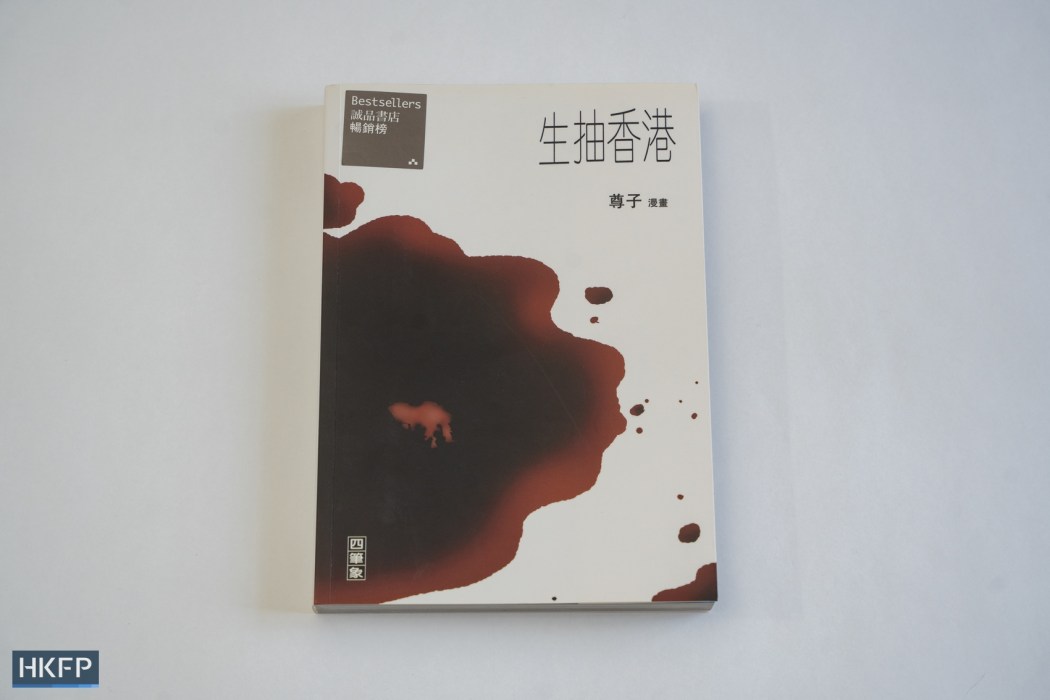
Hong Kong, the Light Soy Sauce compiled satirical takes ranging from the UK-China negotiations over Hong Kong, to the 2019 protests and unrest. It won the 13th Hong Kong Bookprize, a Chinese-language book award jointly organised by government-funded broadcaster RTHK, the Hong Kong Publishing Federation, and Hong Kong Public Libraries.
“We experience not only [Zunzi’s] sense of humour but the development of Hong Kong in this book. In a bittersweet process, we view it with humour when it feels sad,” said Matthew Cheng, a writer and a judge for the Bookprize event.
After Next Magazine suspended his column in 2017 and Apple Daily halted operations in 2021, Zunzi only worked for Ming Pao. But, two weeks ago, the latter also suspended his comic strip following repeated government accusations of “smears” on six occasions since last October.
First round of removals
News of citywide library purges first emerged on July 4, 2020 – four days after the Beijing-enacted national security came into effect.
At least nine titles were removed, local media reported. Among them were two books by pro-democracy activist Joshua Wong- I Am Not a Kid, and I Am Not a Hero. Both are collections of Wong’s commentaries on social and political issues. Wong had been taking part in local protest movements since 2010 and founded the now-defunct political organisation Scholarism and since-disbanded Demosisto. The 26-year-old is now in prison for doxxing a police officer. He is also one of the defendants in the 47 democrats national security case.
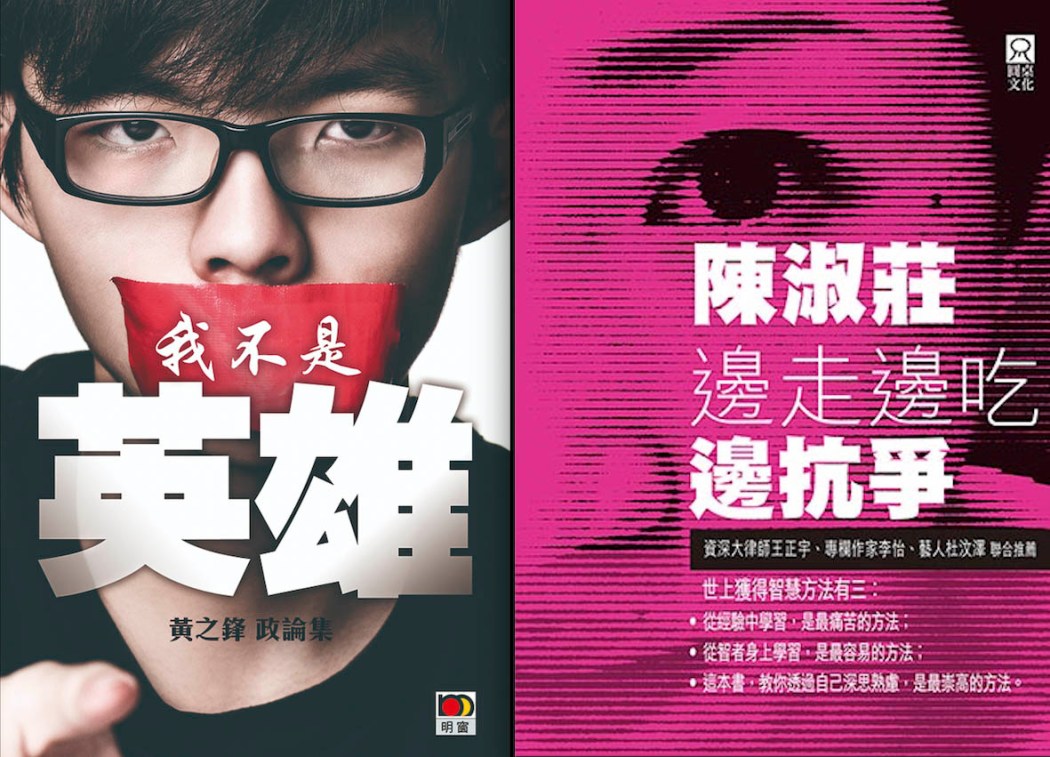
Another early removal was My Journeys for Food and Justice – travel literature by democratic figure Tanya Chan, published in 2014. Chan was a co-founding member of the Civic Party and served as a legislator for eight years.
The Leisure and Cultural Services Department, which manages all public libraries in Hong Kong, said in July 2020 that it was “reviewing” all books to ensure they complied with the security law legislation.
Among the nine books found to have been removed in July 2020, six were by Horace Chin. Chin, better known by his pen name Chin Wan, is a scholar in Chinese and worked as an assistant professor at the Chinese department of Lingnan University until 2016.
Published in 2012, his most famous book, On the Hong Kong City-State, was among those removed. It took aim at pro-democracy politicians and laid out a different perspective for local governance. With reference to “polis” in ancient Greece, he suggested that the city should not care about the issue of democracy in mainland China, and should – instead – prioritise Hong Kong’s interests and negotiate the boundaries of power with Beijing.

Then-chief executive Leung Chun-ying condemned the developing ideologies of Hong Kong independence, citing Chin’s On the Hong Kong City-State as well as On Hong Kong Nationalism. The latter, a little-known political title published by the student union of the University of Hong Kong in 2014, was reportedly banned by public libraries in 2021.
Second round of removals
2021 saw reports of more books being removed from library shelves, the authors of which were mostly pro-democracy figures, including those by Chan again and other former lawmakers Raymond Wong and Albert Ho. Ho, who was also vice-chair of the disbanded Hong Kong Alliance in Support of Patriotic Democratic Movements of China, faces a subversion charge under the national security law.
Books by pro-democracy scholar Benny Tai also began to disappear. Tai, who taught at the law school of the University of Hong Kong for nearly 30 years, wrote about the rule of law, and first promoted a protest strategy which led to the 2014 Umbrella Movement.
Tai’s The Future of Constitutionalism in Hong Kong trilogy, published in 2015, included The Future of Rule of Law, The Future of Democracy and The Future of “Two Systems, One Country.” Tai illustrated his thoughts on the law, civil disobedience, social movements and the future of the city.
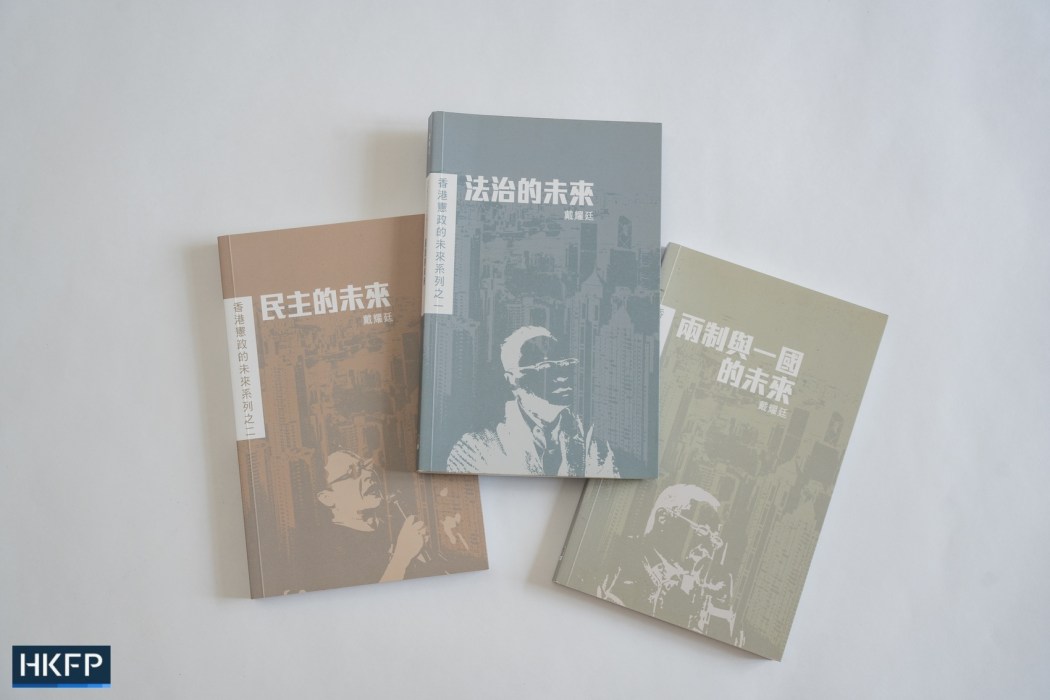
The activist-scholar was described as one of the two “primary movers” of the unofficial legislative primary poll during an ongoing trial concerning 47 democrats. All of his books have been pulled from library shelves.
Third round of removals
This year saw another spate of removals, with titles by civil society figures, politicians and humanity scholars disappearing.
Margaret Ng – a journalist-turned-barrister who co-founded the Civic Party – had published numerous volumes of prose, a memoir on her political life, and studies related to Jin Yong, a renowned Chinese martial arts novelist.
She also published Beneath the Keystone – 18 Years in Politics, an autobiographical recollection of Hong Kong’s transition and her fight for the rule of law as a lawmaker.
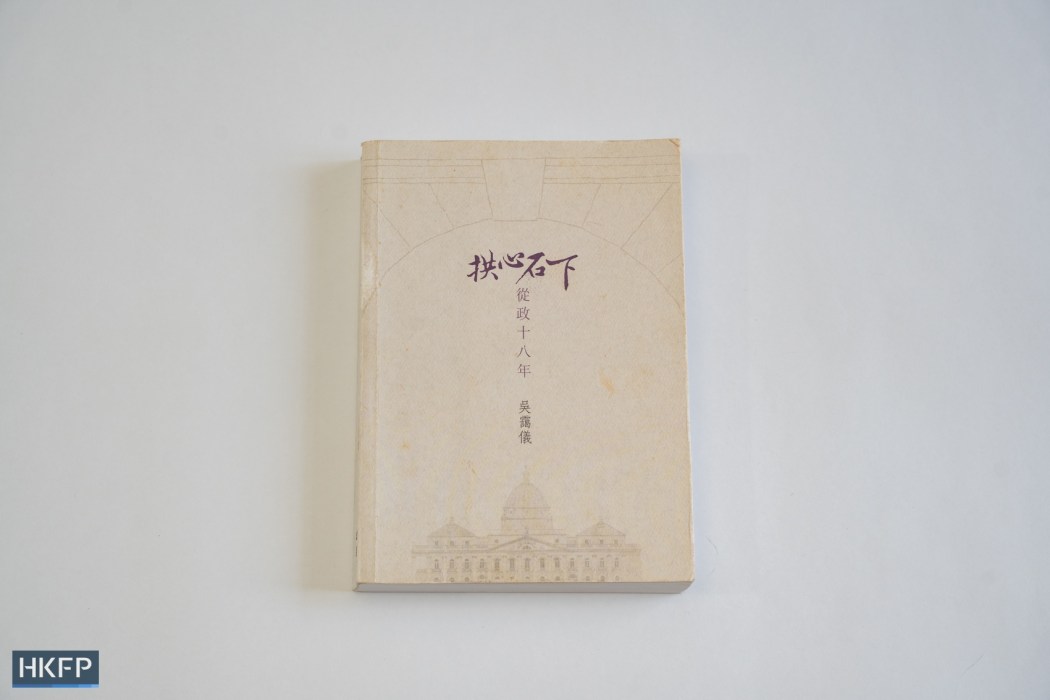
Local media reported earlier this month that all of her work had been removed from libraries, including her prose and analysis on Jin Yong’s work.
Ng was among five people convicted of failing to register a defunct protester relief fund as a society last November.
Aside from titles by politicians, academic work by local scholars was also removed. All titles by Hui Po-keung – who was an associate professor at the department of cultural studies at Lingnan University until 2021 – have vanished from the shelves. He wrote a variety of books on the wealth gap, identity and Hong Kong history, and was among the five convicted over the protester relief fund.

Hui’s 2018 volume, The Politics of Emotion, analysed the emotions and trauma in the city following 2014 pro-democracy Umbrella Movement. It was dropped from libraries along with numerous other titles on local democratic movements and protests dating back to the 1980s.
Another political scholar, Ma Ngok, published An Oral History of the Democratic Movement of Hong Kong in the 1980s in 2012. The book consists of interviews with ten key democrats of the 1980s, and discussed how they fought for democracy in the colonial era.

As an associate professor in the government and public administration department at the Chinese University of Hong Kong, Ma continues to study elections and party politics. The public can no longer access any of his work at public libraries.
Works on the Tiananmen crackdown
Released on the eve of the 20th anniversary of Tiananmen Crackdown, Prisoner of the State: The Secret Journal of Zhao Ziyang (The Secret Journal) immediately became a bestseller in the city in 2009. The first print run of 14,000 copies sold out within hours, Reuters reported.
Zhao Ziyang served as the General Secretary of the Communist Party of China between 1987 and 1989. During the protests of 1989, he showed empathy to student protesters and tried to engage in dialogue with student organisations. He faced a political purge after the bloody crackdown on June 4 and remained under house arrest until he passed away in 2005.
The publisher New Century Press in Hong Kong obtained a secret recording of Zhao after his death, where he recalled his political reform efforts and the Tiananmen crackdown.

Forbidden in mainland China, Zhao Ziyang’s The Secret Journal used to be a long-running bestseller at Hong Kong stores which sold “forbidden books.” The stores were popular among mainland Chinese visitors, but the industry no longer exists.
Pao, who founded the New Century Press publisher, told HKFP that he understood the Secret Journal could always be accessed at public libraries until recently.
In his memoir Big Rivers Going to the East published in 2011, Szeto Wah – a prominent politician and icon of Hong Kong’s democracy movement – recalled his life in politics over 60 years, and his reaction to the Tiananmen crackdown. He also talked about his belief in building a democratic China. The book won the fifth Hong Kong Bookprize.
Szeto wrote that he believed in “loving the country and the people, not the authorities.” Then-chief executive Donald Tsang expressed “profound sadness” over Szeto’s death in 2011. “Passionate about China and Hong Kong, Mr Szeto Wah was devoted to promoting democracy. Upright, industrious and unwavering in the pursuit of his ideals, Mr Szeto earned great respect from across the community,” Tsang said.
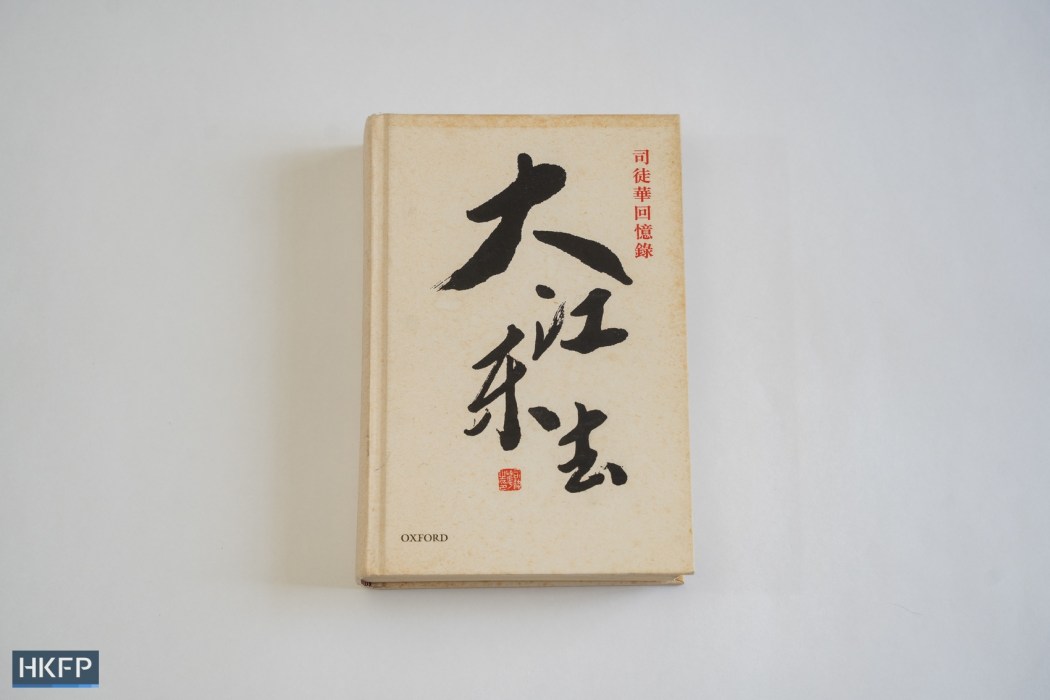
Ronny Tong, a non-official member of the Executive Council, told Ming Pao last Monday that he could not see any content in the book that involved splitting the country, subverting the government or inciting harm to national security. He added that he owned a copy.
Aside from autobiographies, Hong Kong public libraries used to collect books documenting and analysing the crackdown. The city was once considered a free and safe place to exchange information and debate on the incident, which remains heavily censored in China. As of this week, only a handful of titles were listed when searching for “June 4,” “Tiananmen incident,” or “Tiananmen crackdown” on the library website.
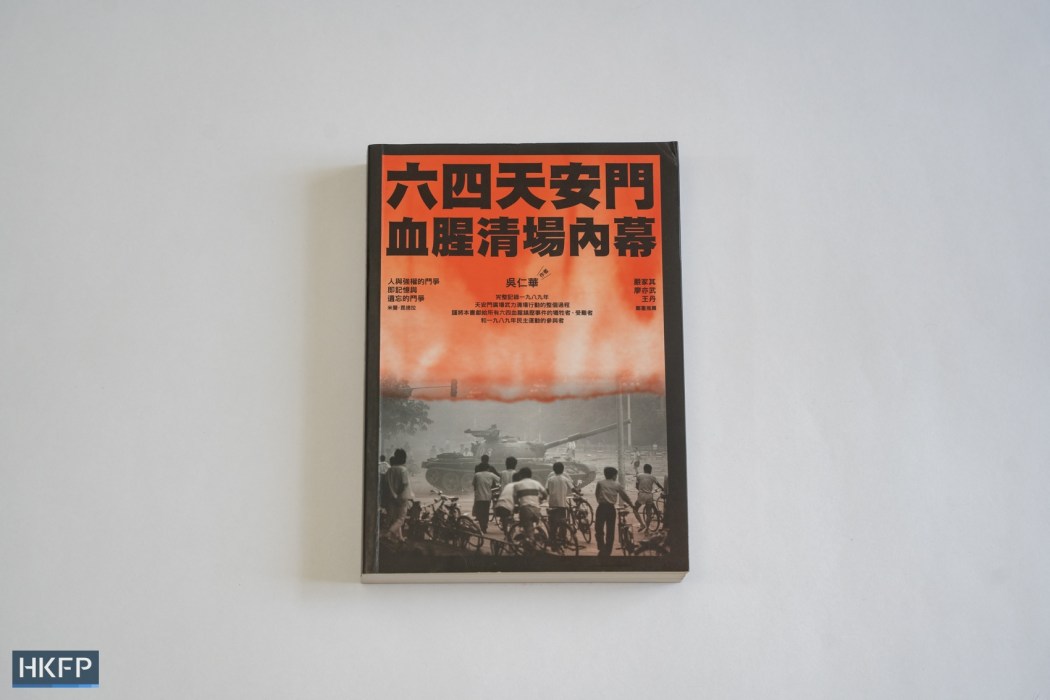
Published in 2014, The Inside Story of the Bloody Crackdown at Tiananmen on June 4th was a book that sought to detail what happened around Tiananmen Square between June 3 and June 4, 1989.
The author – Wu Renhua – is a Chinese scholar who participated in the 1989 demonstrations. At the time, the then-30-year-old taught classic literature at the China University of Political Science and Law in Beijing. After the crackdown, he fled to the US and spent a lifetime collecting and studying the incident. He now teaches at Soochow University and National Chung Cheng University in Taiwan.
Romance essays
“Banned” books are not only political – some apparently innocuous romantic tomes have also been targeted. Roy Kwong, a democratic politician and novelist, published at least seven romantic titles over a decade. Among them was There is a Kind of Happiness called Forgetting, which is about bidding farewell to emotional trauma.
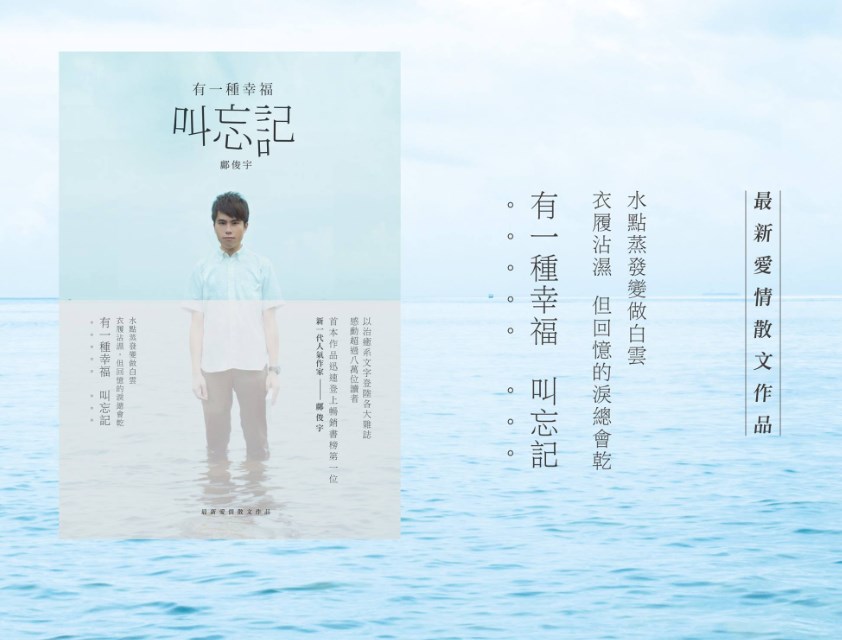
Roy Kwong was arrested under national security law over the democratic primary elections in January 2021. He was released on bail later without charge.
Support HKFP | Policies & Ethics | Error/typo? | Contact Us | Newsletter | Transparency & Annual Report | Apps
Help safeguard press freedom & keep HKFP free for all readers by supporting our team

LATEST FROM HKFP
HKFP has an impartial stance, transparent funding, and balanced coverage guided by an Ethics Code and Corrections Policy.
Support press freedom & help us surpass 1,000 monthly Patrons: 100% independent, governed by an ethics code & not-for-profit.










